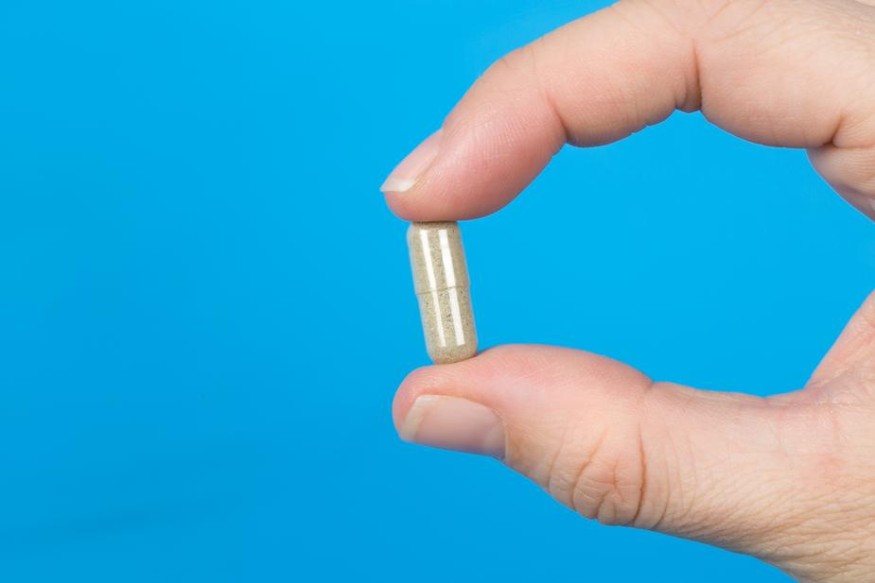
Multiple pharmaceutical companies recalled various heartburn medication that may be contaminated by substances that could promote the development of cancer.
Both Denton Pharma Inc. and Appco Pharma LLC recalled several unexpired ranitidine tablets and ranitidine hydrochloride capsules. Although there was still no reported hospitalization related to this, the said medications may be contaminated with N-Nitrosodimethylamine, also known as NDMA.
The US Environmental Protection Agency classified the NDMA as a carcinogen -- a substance that can cause cancer by interfering with the DNA or the natural process of a cell. The said compound can be produced through certain chemical reactions.
Last year, several medicine companies have recalled their heartburn medication, including the popular Zantac OTC manufactured by Sanofi. Some retailers also halt sales of impure ranitidine medications.
How the impurities mixed with the medication is still being investigated by the FDA.
The US Food and Drug Administration is also conducting its investigation on several medications for blood pressure and heart failure that are suspected of contamination.
What is Heartburn?
Although it literally has the word heart on it, heartburn has nothing to do with your cardiovascular health. Instead, it is an irritation in the esophagus, a long, digestive tract that connects your throat and stomach.
Normally, the ending passage of esophagus, the lower esophageal sphincter (LES), closes tightly after eating or belching. However, in some instances, the sphincter is not closed enough that the stomach acid goes up to the esophagus, resulting in a burning sensation on our chest. This is why it is commonly referred by doctors as acid reflux or gastroesophageal reflux.
There are two common reasons why it happens: due to overeating, and due to too much pressure in your stomach. The latter is often caused by obesity, pregnancy or constipation.
Other risk factors include diabetes, smoking, and eating disorders.
How to prevent heartburn?
Mild cases of acid reflux can usually be prevented through lifestyle changes. These include better eating habits, shedding excess weight, and quitting smoking.
Lying down immediately after eating and wearing a stomach binder can also cause acid reflux, so it is highly suggested avoiding doing those. Elevating your head while sleeping can also improve your stomach's health.
Some foods, drinks and medications can also trigger acid reflux. Make sure you pay attention to what you are eating and drinking and skip what upsets your esophagus next time.
If no improvement happened despite the lifestyle changes, seek medical attention immediately. It could be a more serious condition called gastroesophageal reflux disease (GERD). Around 20 percent of the total American population suffer from it.
GERD might cause other complications such as laryngitis, ulcers of the esophagus, swallowing problems, and even esophageal cancer.
Doctors will prescribe your medicines such as Histamine-2 (H2) Blockers and Proton Pump Inhibitors (PPIs).
In rare cases, your doctor might suggest surgery instead. The most common procedure is called Nissen fundoplication, and it involves lifting a portion of the stomach and tightening the LES to increase its pressure. It is highly effective, although might experience several side effects such as bloating and problems with swallowing.
© 2026 NatureWorldNews.com All rights reserved. Do not reproduce without permission.





